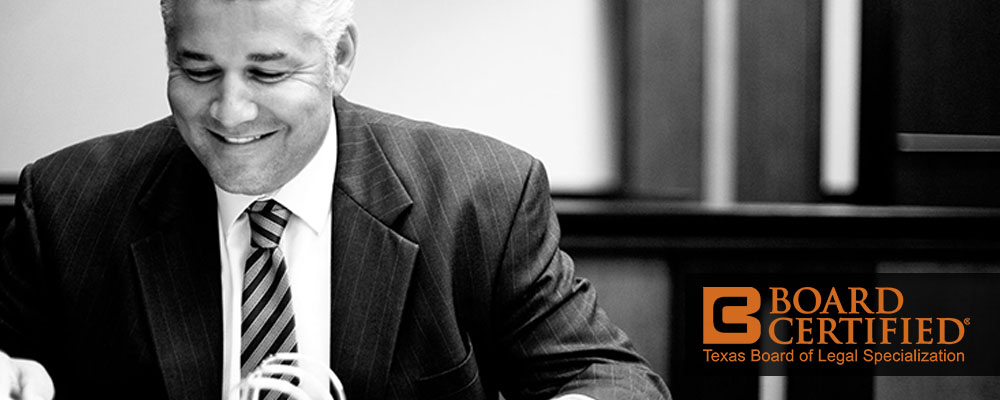Houston-area police will not cut you any slack following an accident where they suspect you were driving drunk. DWI accidents are a serious matter, and police will move quickly to try and preserve what they consider relative evidence.
However, police should never take shortcuts when it comes to protecting your constitutional rights, especially in a scenario where you have just been in an accident and may be physically and psychologically vulnerable.
Court Throws Out Defense Statements Made During Custodial Interrogation Near Accident Scene
One of the most important constitutional rules following any potential DWI accident is that officers must advise a suspect of their Miranda rights–i.e., their right to remain silent and have the assistance of counsel–before conducting any kind of “custodial” interrogation.
In other words, if you are in custody and make a statement before you are informed of your rights, that statement cannot be used against you at trial.
When is a Person Considered “In Custody” for Miranda Purposes
But prosecutors and police often try to fudge the line of when a person is actually “in custody” for purposes of triggering a Miranda warning. The Texas Court of Criminal Appeals has said a person is only considered to be in custody when “under the circumstances, a reasonable person would believe that his freedom of movement was restrained to the degree associated with a formal arrest.”
Illustration of Miranda Rights in DWI Cases
Here is a practical illustration of this principle. This is taken from an ongoing Texas DWI accident case. Police in Corpus Christi responded to a report of a two-vehicle accident on I-37. A motorcycle was struck by a Toyota pickup truck. The motorcyclist was taken to the hospital and treated for a broken leg.
Texas DWI Accident Case Overview
Officers did not personally witness the accident. But after arriving at the scene, they observed the defendant standing next to the pickup truck. The officers “suspected” the defendant was intoxicated, so they “placed” him in the backseat of their patrol car.
Sometime later, the officer took the defendant to a nearby store to “conduct field sobriety testing under better lighting.” Dashboard camera footage from the police cruiser indicated the officers had questioned the defendant about the accident during the ride to the store. One officer indicated he thought the defendant’s account of what happened was “B.S.”
Police Questioning of the Defendant in Corpus Christi DWI Case
The officers then took the defendant out of the police car and continued to ask him questions about what happened. During this exchange, the defendant admitted he had “three beers” to drink that night. The officers then conducted field sobriety tests, which led to the defendant’s arrest on charges of felony intoxication assault.
The criminal case remains pending before a trial court. But as a preliminary matter, the trial judge suppressed the defendant’s statements to the police in the store parking lot. The prosecution appealed this ruling, but the Texas 13th District Court of Appeals agreed the officers erred in failing to give a Miranda warning before proceeding with their questioning. Under the circumstances, the defendant was clearly in police custody–i.e., not free to leave–when they took him to the store for sobriety testing.
Keep Your Mouth Shut & Call a Lawyer
There is a reason we always tell clients not to speak to the police without an attorney present. Nothing you say to the officers can help your case.
Once the police have probable cause to arrest you for DWI–especially after an accident where someone else is injured–there is no way you will talk your way out the situation. Your best option is to keep your mouth shut and contact a qualified Houston DWI accident attorney.
Contact the Law Offices of Tad Nelson & Associates today if you were charged with drunk driving and need immediate assistance.















